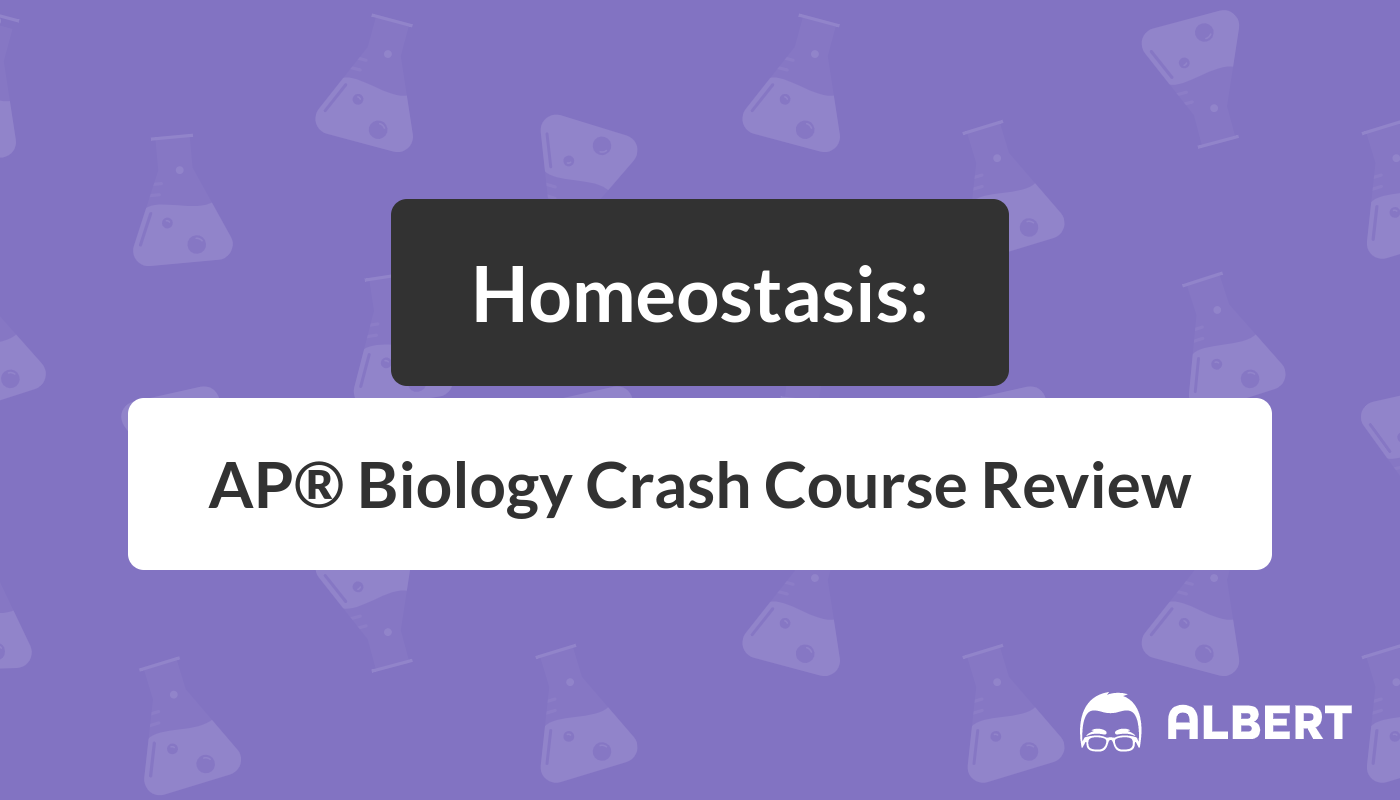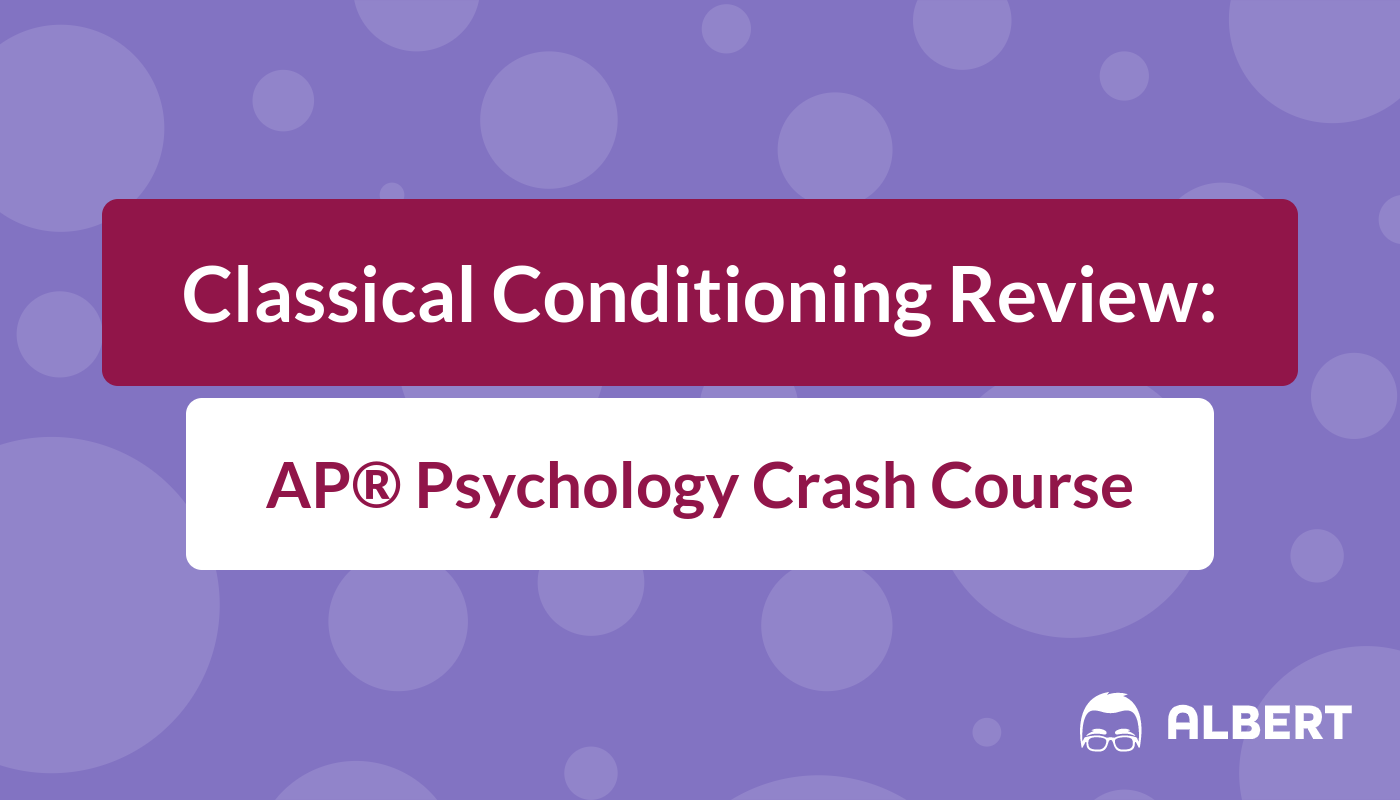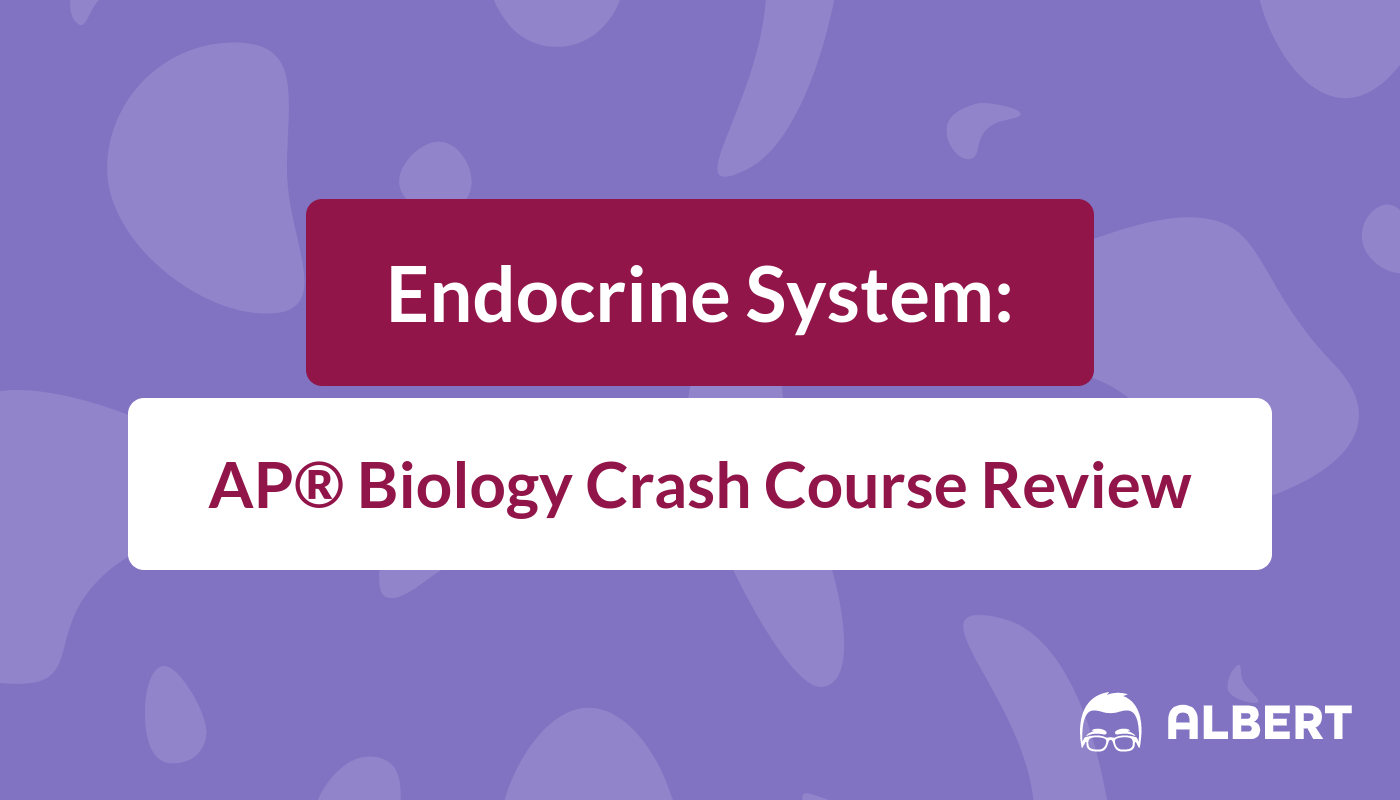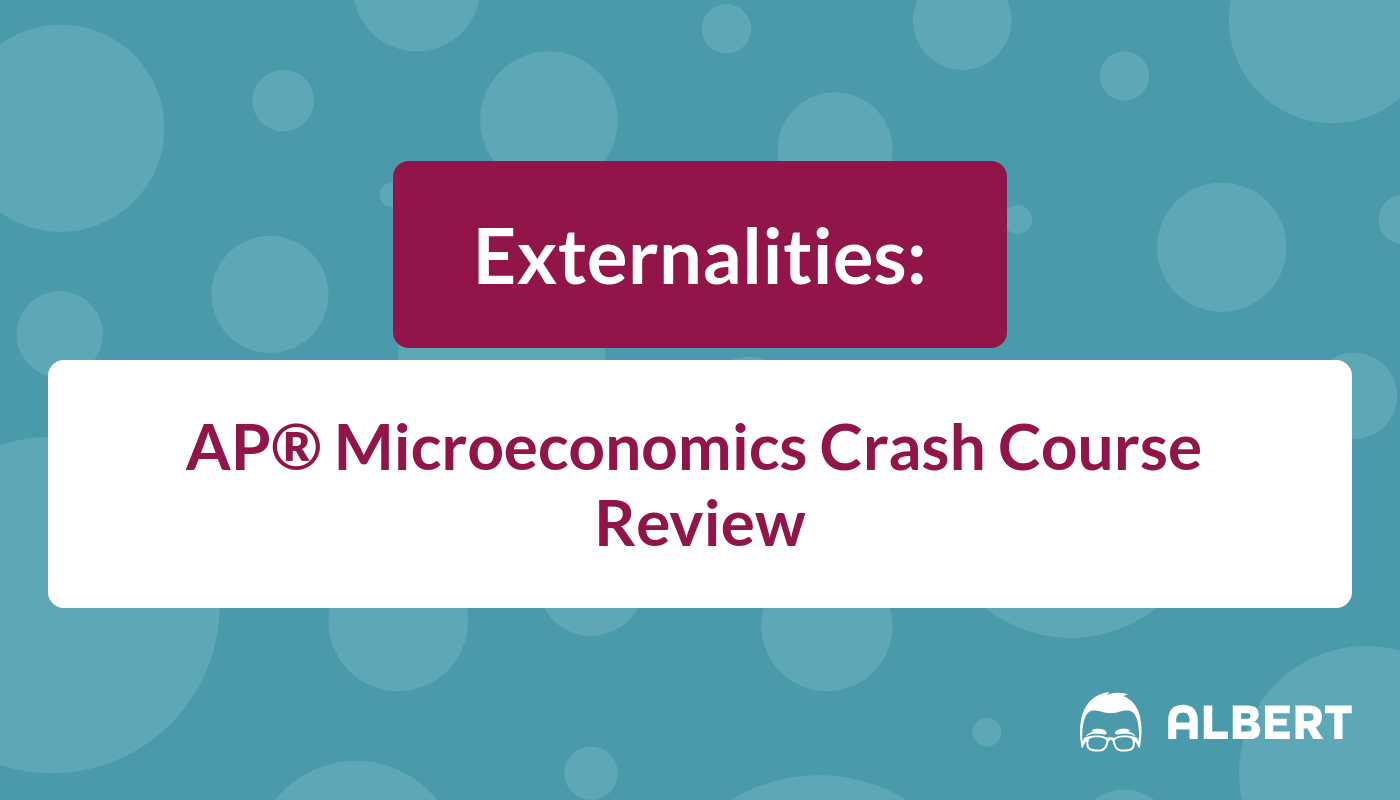Homeostasis: AP® Biology Crash Course Review
One of the major topics on the AP® Bio exam is homeostasis. Most of the topics that you study in AP® Biology will force you to think: how does this relate to homeostasis? It is essential that you understand homeostasis completely and are able to relate it to a variety of topics.










